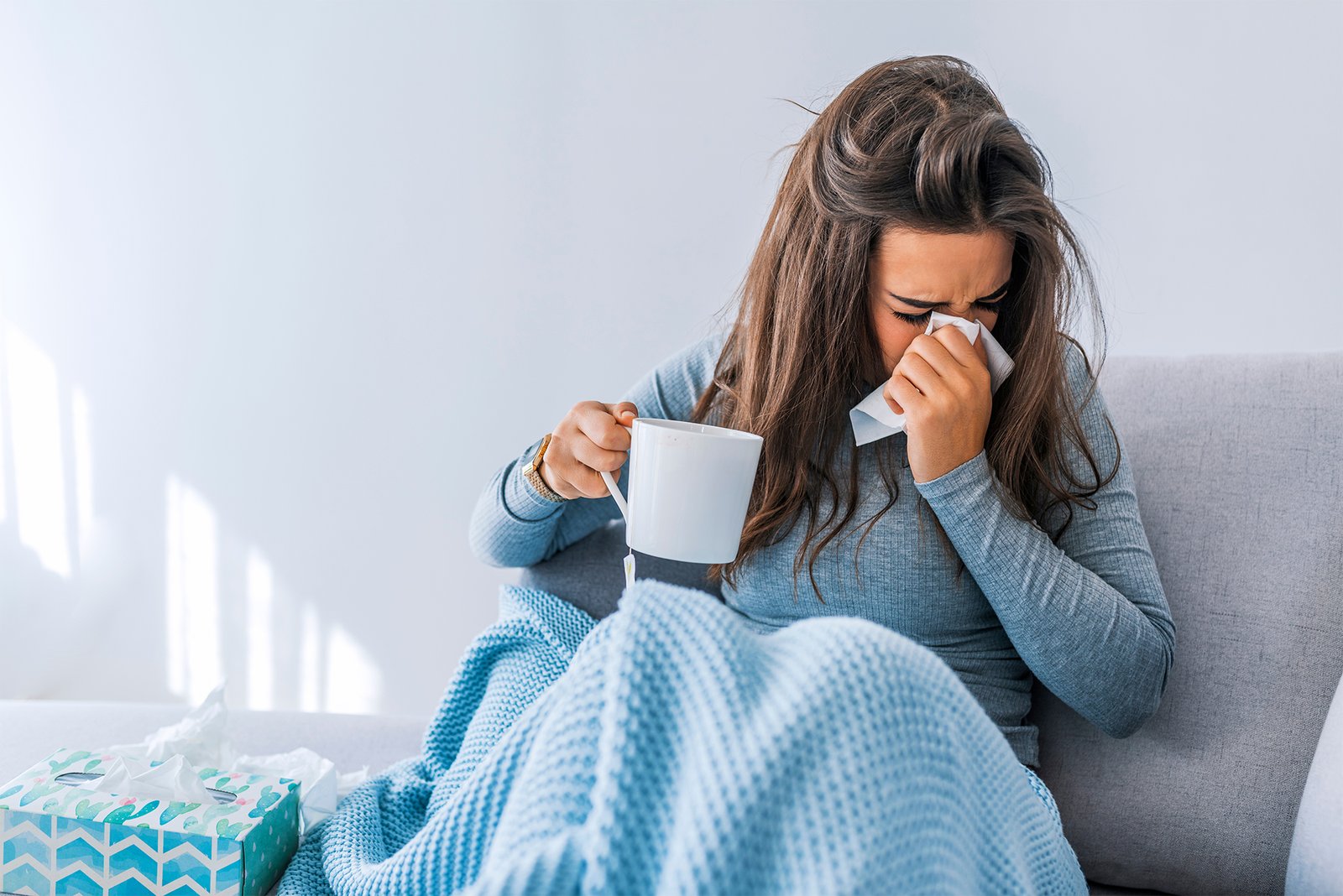That’s right, it’s that time of year again. The dreaded Flu Season.
This guide will provide some essential tips on how to stay healthy this cold and flu season. It includes simple preventative measures and some tips on how to tell the flu from the common cold so you know how to treat them properly.
Staying Healthy
Wash Your Hands and use Hand Sanitizer
The most important thing you can do to stay healthy at this time of year (though it’s also a great habit to have year-round!) is to properly wash your hands. This practice is one of the reasons why healthcare workers are able to remain healthy on the front lines even when they’re regularly in contact with people who have a cold or flu.
These professionals treat frequent hand sanitation as an essential step in their routines—and you should too! It won’t only help you to stay healthy, but it can also protect your loved ones or anyone you’re in close contact with.
Here are the most important times you should be washing your hands:
- After being around sick people
- After blowing your nose, sneezing, or coughing
- Before and after preparing food
- Before eating
- After using a washroom
If you are using a public washroom, you can avoid undoing the good of washing your hands by shutting the faucet off with a paper towel. Also consider pushing the door open with your shoulder, or using another paper towel to turn the doorknob on your way out.
According to the CDC’s guide on how to wash your hands effectively, you should scrub your hands for at least 20 seconds. To help you time it, you can quickly hum the “Happy Birthday” song twice.
Hand sanitizer is great for those times when it’s not convenient to get to a washroom. Even though we may love the fancy-smelling ones, ensure to choose an alcohol-based sanitizer that has at least 60 percent alcohol.
Prepare Your Defenses
Another great way to avoid the cold and flu is to ensure your body’s natural defences are in place. How do you do that? Well, it’s as simple as taking a few measures that improve your overall health and boost your immune system.
This includes:
- Get plenty of sleep (experts say healthy adults need 7-9 hours of sleep a night)
- Exercise regularly
- Drink plenty of fluids
- Eat nutritious foods (some foods that boost your immune system include brightly coloured fruit and vegetables, onions and garlic, and oats and barley).
- Get the flu vaccine
Be sure to get your flu shot. Speak to a Pharmacist to get your free flu shot in time.
What Are Common Symptoms of The Flu vs the Common Cold?
When you think you or someone close to you may have caught a bug, it’s useful to be able to tell the difference between the flu and the common cold. This can be tricky because cold viruses cause many flu-like symptoms. Here are some tips for telling them apart.
- Cold and flu viruses share symptoms like sore throat, coughing, and congestion.
- Flu symptoms tend to be more intense and come on more suddenly.
- In adults, colds usually don’t cause fever (or only a mild fever), but the flu does.
- The flu is more likely to cause severe muscle aches and soreness.
- Extreme exhaustion is common at the beginning of the flu, but not colds.
If you are unsure if you’re dealing with the flu, one way to get help is with our Virtual Health service. This lets you text or video chat with a nurse practitioner through your smartphone, and they’ll help you get to the bottom of it.
Treating the Symptoms
Already too late and you’ve contracted the cold or flu? Be sure to check with your Doctor first and then a Pharmacist who can help you decide the best medicines to treat cold and flu symptoms.
Good Luck Out There!
The flu is no joke. While most people can recover from it within two weeks, it can also lead to a variety of complications, from sinus infections to pneumonia. But with these tips, you should be able to make it through this cold and flu season with a clean bill of health!



